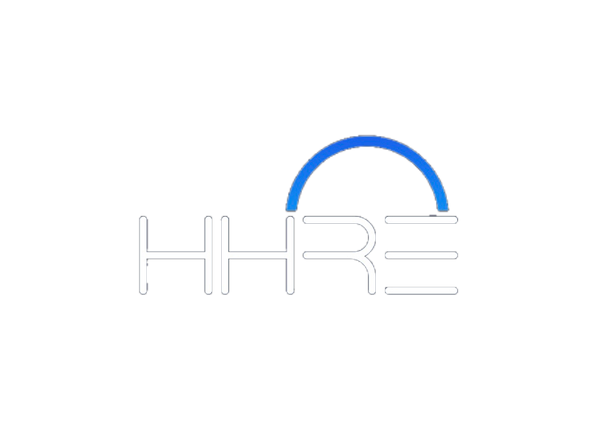
Ideal Loans for Investment Properties and Fix-and-Flips
Investing in real estate can be an excellent way to grow your wealth and generate income. Whether you're considering purchasing an investment property or engaging in a fix-and-flip project, securing the right financing is crucial. In this blog post, we will explore some ideal loan options commonly used for investment properties and fix-and-flips, helping you make informed decisions for your real estate ventures.
-
Conventional Loans: Conventional loans, offered by banks and lending institutions, are a popular choice for financing investment properties and fix-and-flip projects. These loans require a down payment and offer favorable interest rates for borrowers with good credit scores. They can be used for purchasing properties and financing renovations.
-
Hard Money Loans: Hard money loans are short-term loans secured by the property itself. Private investors or specialized real estate lending companies typically provide these loans. Hard money loans are well-suited for fix-and-flip projects, as they offer quick funding with less emphasis on the borrower's creditworthiness. However, they often come with higher interest rates and fees.
-
FHA 203(k) Loans: Backed by the Federal Housing Administration (FHA), FHA 203(k) loans are specifically designed for property rehabilitation and renovation. These loans allow borrowers to finance the purchase of a property and the cost of renovations into a single loan. They can be an ideal choice for fix-and-flip projects requiring significant repairs or upgrades.
-
Home Equity Loans or Lines of Credit (HELOC): If you already own a property with equity, tapping into that equity through a home equity loan or line of credit can provide financing for your investment property or fix-and-flip project. These loans allow you to borrow against the value of your property, providing flexibility and access to funds as needed.
-
Private Money Loans: Private money lenders, including individuals or private companies, offer loans based on their own terms. These loans are commonly used for investment properties and fix-and-flip projects. Private money loans may offer more flexibility and faster funding, but they often come with higher interest rates and fees.
-
Cash-Out Refinance: A cash-out refinance involves refinancing your existing mortgage and taking out additional funds. This option is suitable if you already have equity in a property. By refinancing, you can access the equity and use it to finance your investment property or fix-and-flip project. Cash-out refinancing typically offers lower interest rates compared to other borrowing methods.
-
Portfolio Loans: Portfolio loans are provided by smaller banks or credit unions and are not sold to the secondary mortgage market. These loans offer more flexibility and lenient qualification criteria compared to conventional loans. They are particularly useful for investors with multiple properties or those who don't meet traditional lending requirements.
-
Business Line of Credit: If you have an established real estate investment business, a business line of credit can be a valuable financing tool. This type of credit provides you with access to a predetermined credit limit that you can use for various investment properties or fix-and-flip projects. It offers flexibility and can be a convenient option for ongoing financing needs.
-
Crowdfunding and Peer-to-Peer Lending: Online platforms that connect investors with borrowers have emerged as alternative financing sources. Through crowdfunding or peer-to-peer lending, you can raise funds from individual investors interested in real estate. These platforms often offer loan products tailored for investment properties and fix-and-flip projects.
-
Seller Financing: In some cases, the property seller may be willing to offer financing to the buyer. Known as seller financing or owner financing, this arrangement eliminates the need for a traditional mortgage. The terms of seller financing can be negotiated directly with the seller, providing potential flexibility in down payment requirements and interest rates. This option can be advantageous for investors who may not qualify for traditional loans or who want to avoid the stringent requirements of traditional financing.
Securing the right loan is crucial when investing in properties or engaging in fix-and-flip projects. Understanding the various loan options available for investment properties and fix-and-flips can help you make informed decisions that align with your financial goals and circumstances. Whether you opt for conventional loans, hard money loans, FHA 203(k) loans, home equity loans, private money loans, cash-out refinancing, portfolio loans, business lines of credit, crowdfunding, peer-to-peer lending, or seller financing, it's essential to research and compare the terms, interest rates, fees, and requirements of each option.
Consider consulting with professionals such as mortgage brokers, real estate attorneys, or financial advisors who specialize in real estate investment loans. They can provide personalized guidance based on your specific situation. By selecting the ideal loan for your investment property or fix-and-flip project, you can pave the way for success in your real estate endeavors and maximize your returns.
